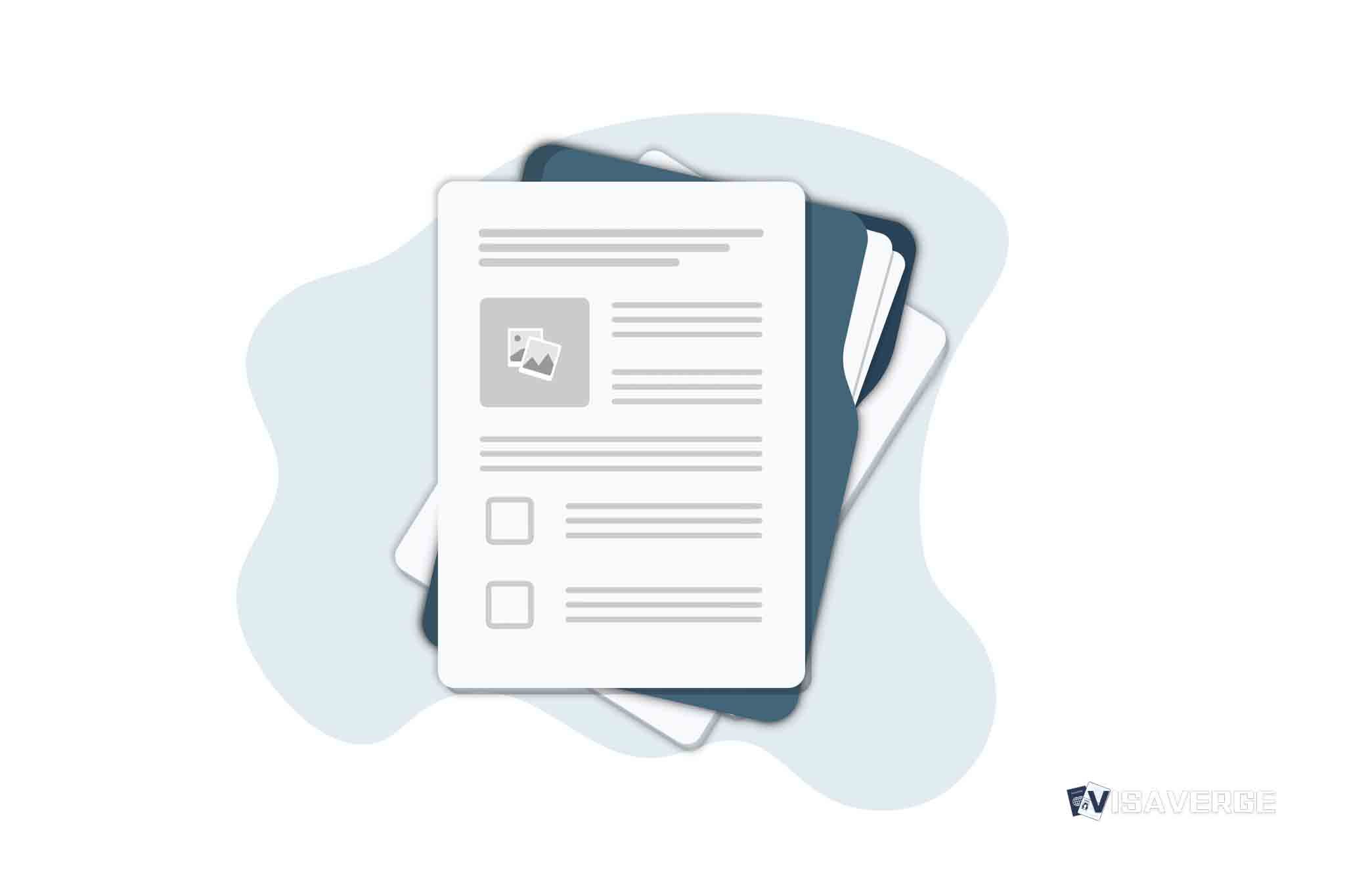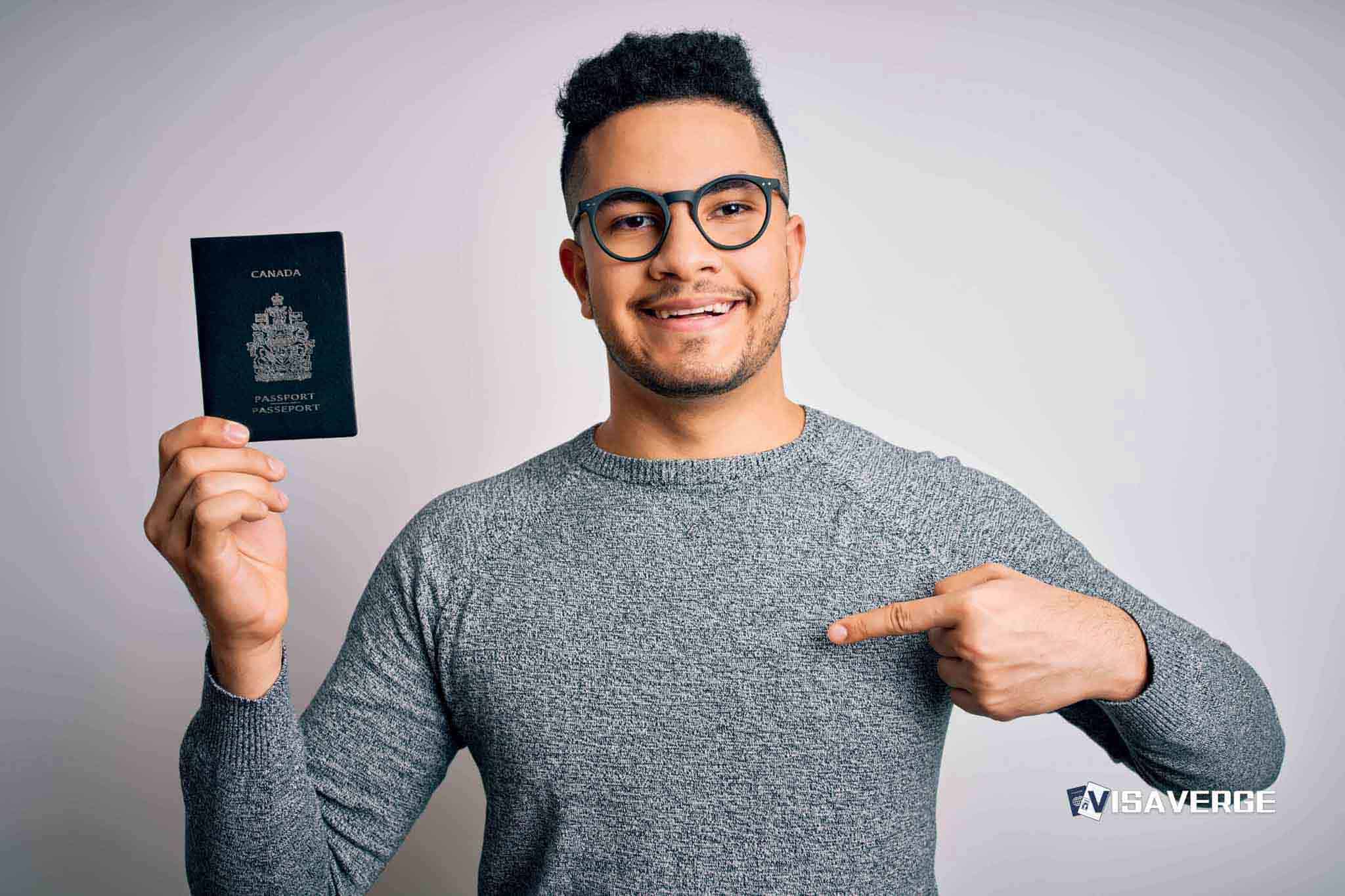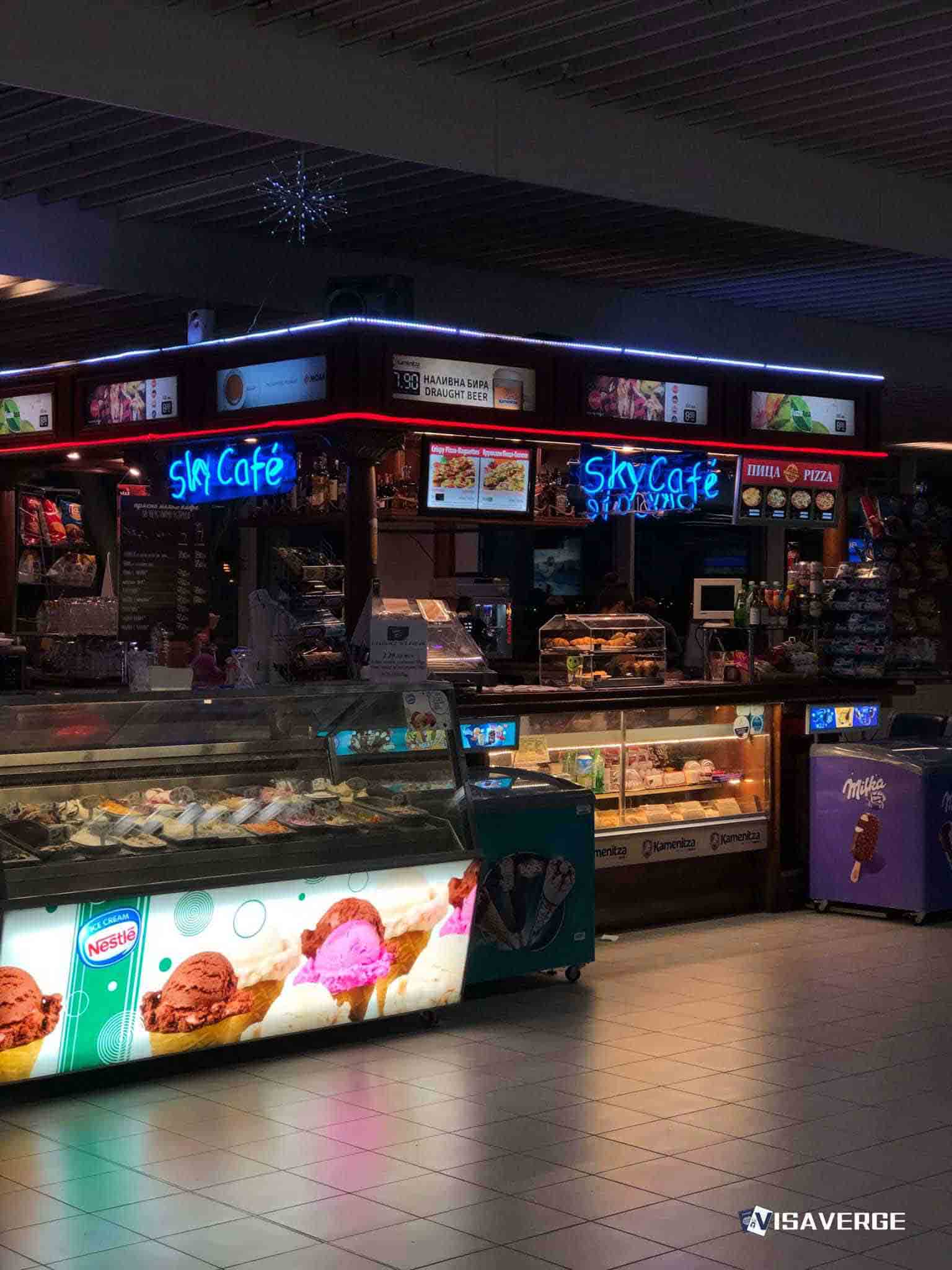(UNITED STATES) The National Visa Center has narrowed its public phone access window while expanding its behind-the-scenes role, affecting thousands of families and workers waiting on an immigrant visa in 2025.
As of September 21, 2025, the official NVC phone number is 1-603-334-0700, and the Hours of Operation are Monday through Friday, 7:00 a.m. to 12:00 p.m. Eastern Time. The center is closed on weekends and all U.S. federal holidays.

The Department of State unit, based in Portsmouth, New Hampshire, moves cases forward after U.S. Citizenship and Immigration Services (USCIS) approves a petition. The NVC handles fee collection, document review, and interview scheduling at U.S. embassies and consulates.
How to reach the NVC
- Phone (single worldwide line): 1-603-334-0700
- Hours: 7:00 a.m.–12:00 p.m. ET, Monday–Friday
- Closed on U.S. federal holidays.
- Online status: Check 24/7 at the NVC status page on travel.state.gov. Officials encourage using this portal for routine questions — it’s often faster than waiting on hold.
-
Email:
- General questions: [email protected]
- Document submissions: [email protected]
- Mailing address (no walk-ins accepted):
National Visa Center, Attn: WC, 31 Rochester Avenue, Suite 200, Portsmouth, NH 03801-2914 USA
Important: The NVC does not accept in-person walk-ins. All communication is via phone, email, or mail.
What the NVC does (summary)
The NVC becomes responsible for a case after USCIS approves a petition. Key functions include:
- Tracking the Visa Bulletin and the case’s Priority Date.
- Issuing fee bills and collecting payments when the Priority Date is current.
- Requesting and reviewing civil and financial documents.
- Preparing the file and scheduling consular interviews.
- Forwarding expedite and humanitarian requests to consular officers for decision.
If a Priority Date is not current, the NVC holds the case until a visa number becomes available.
What to know now (quick checklist)
- Call during the published hours: 1-603-334-0700, 7:00 a.m.–12:00 p.m. ET, Monday–Friday.
- Use the online status tool at travel.state.gov for routine updates.
- Send documents by email to [email protected]; use [email protected] for general questions.
- Do not expect in-person service at the Portsmouth address.
- NVC may call applicants directly in 2025 for verification or time-sensitive steps — verify any caller’s identity before sharing personal data.
- Never provide bank details or pay fees over the phone; official payments are through CEAC or other approved channels.
Calling strategy and practical tips
- Because public phone access is limited to a five-hour window, callers should plan calls carefully and have case number and invoice ID ready.
- The NVC’s limited hours create global timing pressures:
- Callers in Asia often call late at night.
- Callers in Europe typically call early afternoon.
- Callers in the Americas call during the morning window.
- For email submissions:
- Use the subject-line format requested by the NVC and include your case number.
- Attach files in accepted sizes/formats.
- For mailed records:
- Include the case number, invoice ID, and correct department code on the envelope to avoid misrouting.
- Keep phone numbers and email addresses current with the NVC to avoid missed notices.
Outbound calls, expedites, and scams
- NVC’s selective outbound calling can resolve issues faster — attorneys report it has saved weeks in some files by fixing problems in real time.
- Expedite requests remain available but are granted only for strict humanitarian or hardship reasons (severe medical needs, urgent family unity concerns, threats to safety).
- Document claims clearly with dated evidence and send the request by email to the NVC.
- Scam warning:
- Do not give bank details or pay by phone.
- If someone pressures you for payment or sensitive data, hang up and call back using 1-603-334-0700 during published hours, or email the NVC to confirm outreach.
Tip: If you receive a call you’re unsure about, verify the agent’s identity and then call the official NVC number back.
Background and 2025 changes
- The NVC’s expanded role began in 2015 and continues to bridge USCIS and consulates. For immigrant visas, the NVC remains the central link after petition approval.
- Processing times improved in 2025: most cases now move through the NVC in about four to nine months, thanks to improved internal tools and better coordination with posts abroad.
- However, Priority Date limits and visa category caps still control movement. If a category is oversubscribed, the case will wait until the Visa Bulletin shows it is current.
- When a case becomes current, the NVC:
- Sends fee invoices
- Opens CEAC tasks
- Requests civil records and the financial support form
- Note about K-1 fiancé petitions:
- The USCIS form is Form I-129F; official form and instructions:
Form I-129F. - Although the K-1 is a nonimmigrant route, NVC systems and consular scheduling tools can be involved after approval.
- The USCIS form is Form I-129F; official form and instructions:
Real-world examples
- An employer in New York sponsoring a skilled worker might need an NVC agent to push a system refresh after a fee posts on CEAC but not internally.
- A petitioning U.S. citizen may call to confirm whether a scanned birth certificate meets consulate rules.
- A spouse in Manila may phone to check if police certificates must be reissued after a posted validity period.
In each case, a targeted call during the five-hour window can prevent missed interview slots and administrative delays.
Where delays now occur
- With improved NVC processing, the bottleneck in some locations has shifted to consular appointment supply.
- Accurate files and fast responses are more important than ever: small steps like properly naming files, keeping contact details current, and answering NVC calls can keep a case moving — and sometimes prevent a child from aging out.
Final reminders
- USCIS and the NVC are separate: USCIS decides petitions; the NVC processes visa applications after approval. Contacting the wrong agency won’t move a case.
- Essentials to have on hand when calling:
- Case number
- Invoice ID
- Official guidance and real-time case checks are available at travel.state.gov.
Key takeaway: Plan your calls, use the portal, watch your Priority Date, and respond quickly to document requests. Small, timely actions — answering calls from the NVC, labeling files correctly, and keeping contact details updated — are the best ways to keep an immigrant visa case moving.
Frequently Asked Questions
This Article in a Nutshell
The National Visa Center narrowed its public phone access window in 2025 while expanding internal processing responsibilities. Effective September 21, 2025, the single worldwide NVC phone number is 1-603-334-0700 with hours Monday–Friday, 7:00 a.m.–12:00 p.m. ET; the center is closed on weekends and federal holidays. After USCIS approves petitions, the NVC collects fees, reviews civil and financial documents, tracks Priority Dates against the Visa Bulletin, and schedules consular interviews. Most cases now progress through the NVC in about four to nine months, though visa category limits still determine movement. Applicants should use the travel.state.gov status tool, email documents to [email protected], plan calls within the limited window, and avoid providing payment information by phone. Expedites are limited to strict humanitarian or hardship grounds. Accurate file naming, updated contact details, and prompt responses help avoid delays and risks such as aging out.













